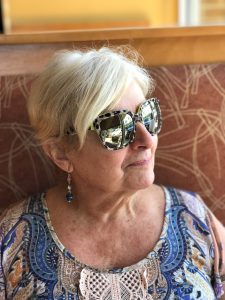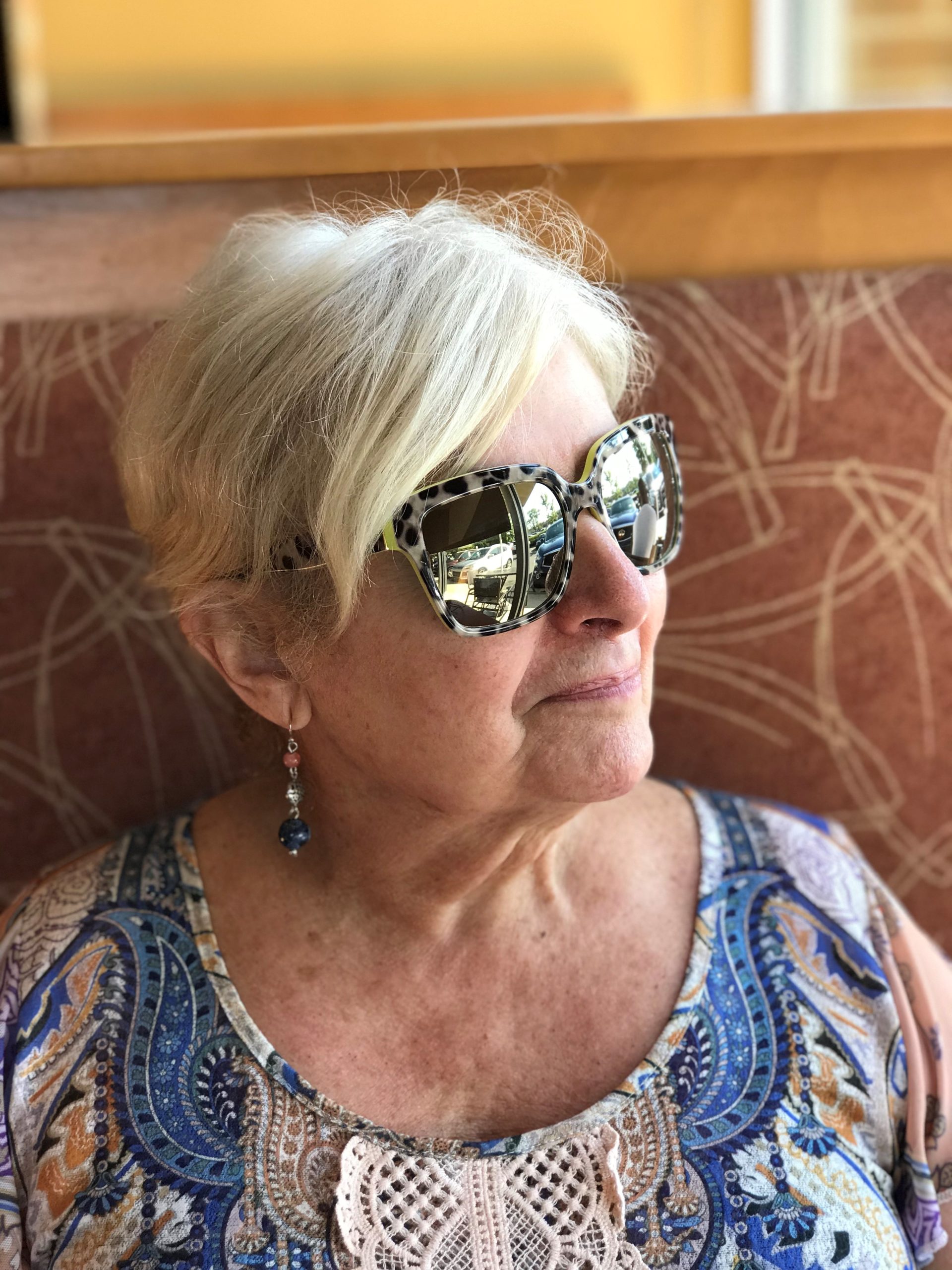By Kim Kilday, EveryAge Chief Marketing Officer (July 26, 2022)
*Note: July is Healthy Vision Month and Eye Injury Prevention Month.
The body changes as we age. My mother is a healthy 70-something who still works for the enjoyment of it. As an adult child, I falsely believed that Mom’s eyes were fine because of her activeness. Even when she wanted to leave family events while it was still light outside, Mom told me she feared hitting a deer on the country road going home.
My mom began wearing glasses at age eight. She migrated to contacts, but in those days, the contacts were not as flexible as they are in 2022, and she returned to eyeglasses. Then Mom began to take off her eyeglasses and use readers to see things close-up.
Once Mom had cataract surgery, she dropped a bomb: the cataracts were the real reason she always left early or did not join family events scheduled in the late afternoon. Night driving was disastrous for her – oncoming headlights had a halo effect, and it had been difficult to tell the difference between curbs and the street. According to Mom, “Cataracts are subtle for a while, and you don’t know what you are not seeing.”
Today, Mom has better eyesight than I do. “I was so overwhelmed after cataract surgery because it was the first time in my life that I could see without glasses,” said Mom. Cataract surgery marked the first time she was able to wear sunglasses too. To commemorate the experience, Mom treated herself to new shades.
6 quick points to think about as aging relates to eyesight:
1. Does your family member leave early from gatherings so they may drive in the daytime? Is night driving off limits for them?
 2. Does the family member have primary caregiver duties for a spouse or partner? A key factor for why Mom needed to receive health care was her role as caregiver for my stepfather. If I had a “do over,” it would be to encourage Mom to take care of the basics for herself.
2. Does the family member have primary caregiver duties for a spouse or partner? A key factor for why Mom needed to receive health care was her role as caregiver for my stepfather. If I had a “do over,” it would be to encourage Mom to take care of the basics for herself.
3. Has it been longer than a year since your family member has had an eye exam? The American Academy of Ophthalmology recommends eye exams every 1-2 years. These exams help to monitor any progression of eyesight decline and can help you get ahead of a future concern.
4. Has your family member stopped doing activities they previously enjoyed? Mom had slowly stopped reading books because of her eyesight.
5. How is the family member’s driving? Are there noticeable dents or scuff marks on their car?
6. Does the family member have difficulty navigating obstacles when walking? One study showed there was a 16% decline in hip fractures due to a fall when the individual had cataract surgery.
Cataracts are a leading cause of blindness, and there are more than 2 million cataract surgeries performed in the USA each year. This common surgery may be delayed by some due to cost/insurance, access to a facility to have the procedure or transportation to the doctor.
Acting as an advocate for Mom has been the most important indicator for her continued independence. Being her peripheral eyes has been the most rewarding duty as her daughter – to support mom without taking control of her life!

